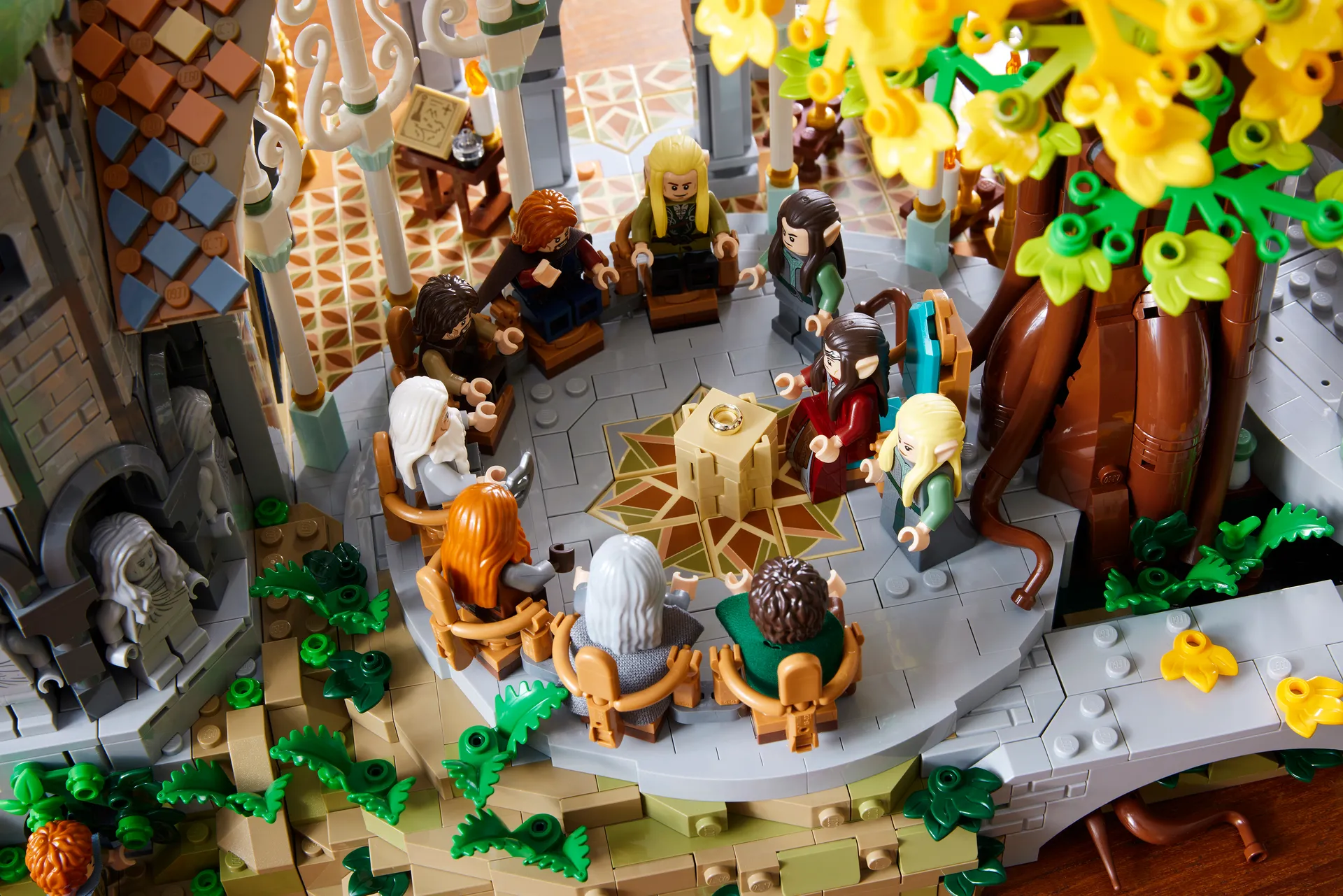
Cassettes Are Making a Comeback, But Can Production Keep Up? “After music cassettes died in the late ’90s, National Audio kept busy with cassettes for instructional materials, spoken-word bibles and Library of Congress work until indie bands and labels came calling as early as 2006. ‘Suddenly, we were back in business,’ Stepp says.” I love that story. [billboard.com]
Things I Do Not Like Hearing. I appreciate a well-written personal grievances post. This one—about phrases the author doesn’t like—is bound to become a classic of the genre. “I have never read the words ‘friendly reminder’ and not imagined that person seething, incandescent, smoke blowing out of their ears like a hot kettle, just absolutely furious. I simply don’t believe you. I do not think that you think we are friends or that this interaction is friendly. If you want to fight, we can fight.” [holapapi.substack.com]
Engagement, Attention, Shining a Light. This is a great writing goal: “My goal is for my writing to engage readers on a ‘shared inquiry’ level, where whatever I am saying is not viewed as a declaration that demands agreement, but an exploration attempting to illuminate the subject at hand in a way that encourages the reader to go exploring with a light of their own.” [biblioracle.substack.com]
A library of words. I bet you didn’t think you’d want to read about the real purpose of a Thesaurus today, but you’re going to have to trust me. This post is fantastic. “The purpose of an ordinary Dictionary is to simply explain the meaning of the words. After you look up the word, you are given the idea the word is supposed to convey. The Thesaurus is supposed to work in the opposite direction: you start with an idea, and then you find the words to express it. A dictionary turns words into ideas and a thesaurus turns ideas into words.” [austinkleon.substack.com]
SF’s Market Street Subway Is Running on Floppy Disks. This is quite something. “SFMTA is hardly unique in using them, however. As recently as 2020, British Airways was loading avionics software onto 747s via floppy disk.” I also love that they felt the need to include a photo of a floppy disk in the article. [sfstandard.com]
Latex, severed legs and fake erections: why is a whole new generation obsessed with DVD menus? This is a wonderful homage to the lost art of DVD menus. “Some turn-of-the-century landing pages were so imaginative they cut through into popular consciousness: 2003’s House of 1,000 Corpses featured a murderous clown directly addressing (and mocking) the viewer, while the Harry Potter DVD let viewers choose a wand, cast spells, and solve puzzles to access deleted scenes.” [theguardian.com]
An Imperfect List of Books Like “Tomorrow and Tomorrow and Tomorrow”. This is my favorite book I’ve read in a long time. Good list of others to try. [bookriot.com]






